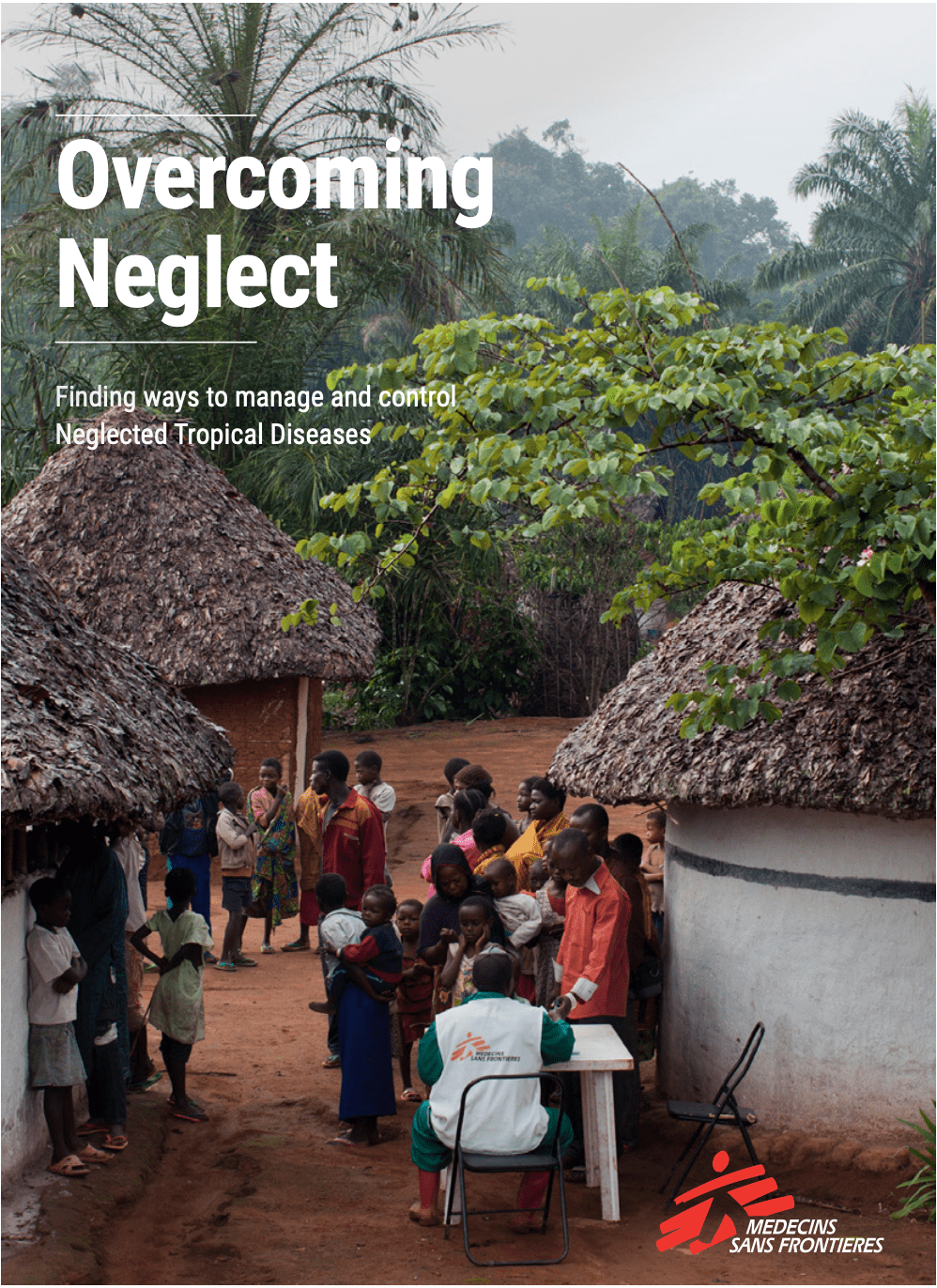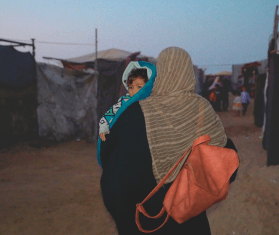NEW YORK/GENEVA, JANUARY 27, 2021—Patients with neglected tropical diseases (NTDs) need better access to testing and treatment that is safe and effective, said the international medical humanitarian organization Doctors Without Borders/Médecins Sans Frontières (MSF) in a new report today. An improved global response to NTDs, which affect more than 1.7 billion people worldwide each year, is critical in order to prevent further deaths and disability, said MSF.
“NTDs almost exclusively affect people living in extreme poverty,” said Dr. Christos Christou, MSF’s International President. “As a result, there are no vaccines, diagnostic tools are limited, and treatments are far from optimal and often unavailable or unaffordable for people suffering from these debilitating and deadly diseases.”
Despite much progress in the fight against NTDs, some of the most life-threatening diseases remain far from elimination or even control. Diseases like kala azar, Chagas disease, sleeping sickness, noma, and snakebite envenoming—which kills more people than any other disease on the World Health Organization’s (WHO) Neglected Tropical Diseases list—continue to claim hundreds of thousands of lives every year. Given the fact NTDs typically affect people living in low-resource settings, they have been quite neglected by policy makers, so there are few resources to conduct research on them or incentivize new medical tools like better treatments.
The launch of a new road map for NTDs by WHO presents an opportunity to support the development of treatments, vaccines, and diagnostic tools for NTDs. Its ambitious targets include eliminating at least one NTD in 100 countries and reducing by 90 percent the number of people requiring medical interventions for them by 2030.
But the new road map comes at a time when the COVID-19 pandemic threatens progress towards the control and elimination of NTDs. NTD programs have been disrupted, fragile health systems are under even further strain, and there are alarming indications that resources for NTDs will be diverted and funding will be reduced. There is a real risk that NTDs could slide into further neglect, that significant achievements over the past years will be reversed, and that even more lives are lost to NTDs.
“Despite the challenges, we can overcome the neglect,” Christou said. “With commitments, funds, and better tools to find, diagnose and treat patients, we can make NTDs diseases of the past.”
MSF has been providing direct care to patients with NTDs for more than thirty years, with a focus on the most deadly and overlooked NTDs. During that time, MSF has treated hundreds of thousands of patients, many of whom may otherwise have not survived. MSF’s work has included treating patients, carrying out operational research, supporting efforts to identify new treatments and diagnostics, and playing an active role in reducing the incidence of NTDs.





